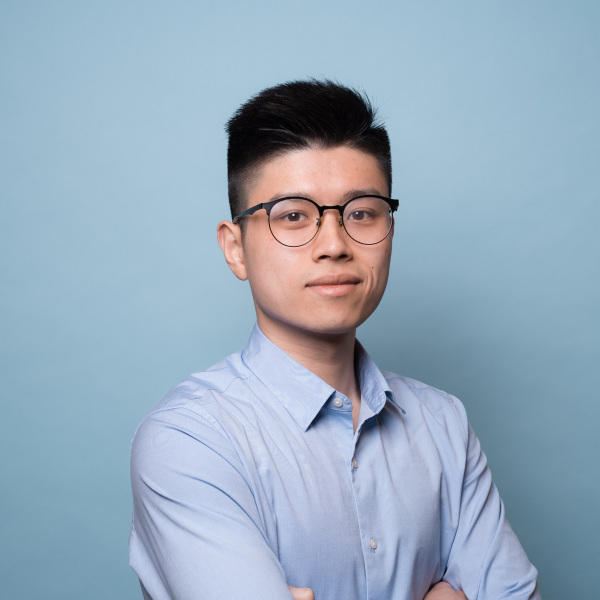Agenda
PhD Thesis Defence
- Monday, 6 May 2024
- 12:30-14:00
- Aula Senaatszaal
Multi-agent exploration under sparsity constraints
Christoph Manss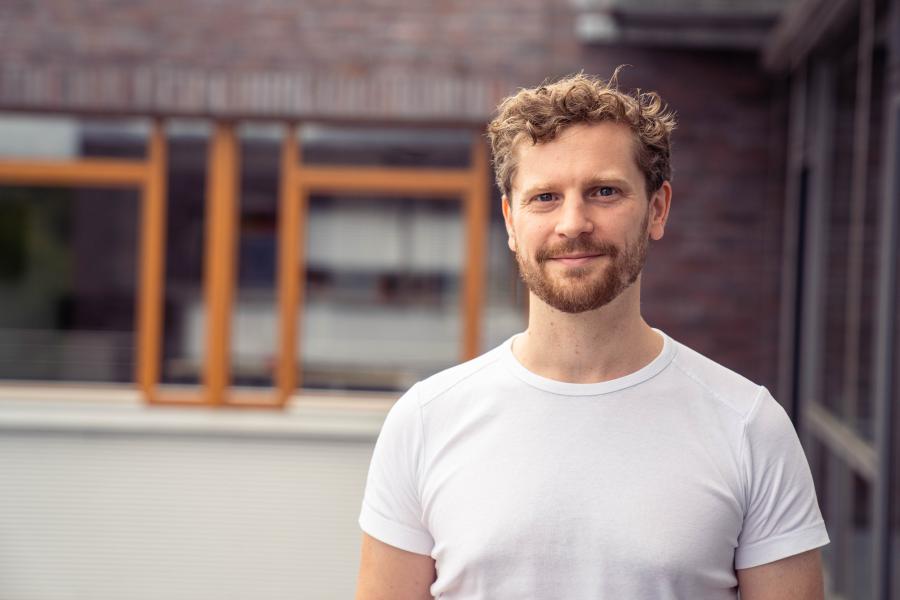

PhD Thesis Defence
- Tuesday, 21 May 2024
- 10:00-11:30
- Aula Senaatszaal
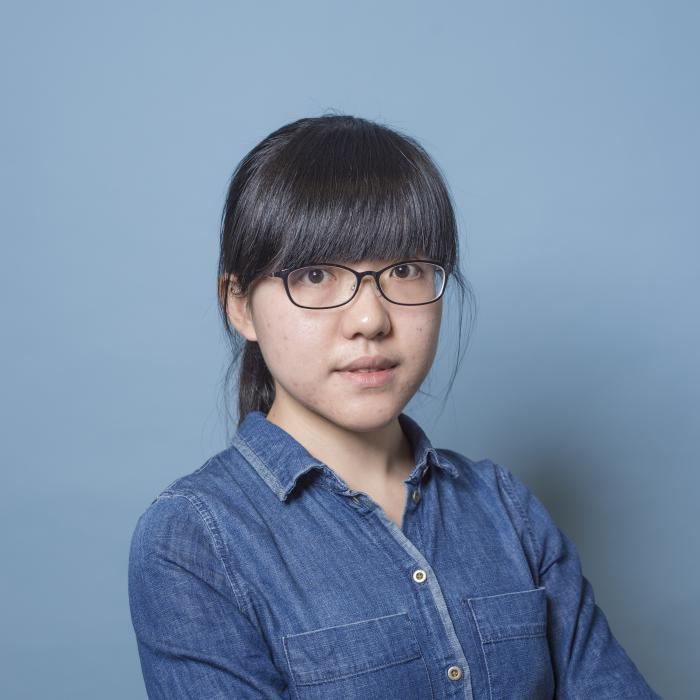

Conferences
- Monday, 27 -- Tuesday, 28 May 2024
- Aula, TU Delft
44th Benelux Symposium on Information Theory and Signal Processing (SITB'24, Delft)
Additional information ...

PhD Thesis Defence
- Tuesday, 18 June 2024
- 15:00-16:30
- Aula Senaatszaal
Model-based feature engineering of atrial fibrillation
Hanie Moghaddasi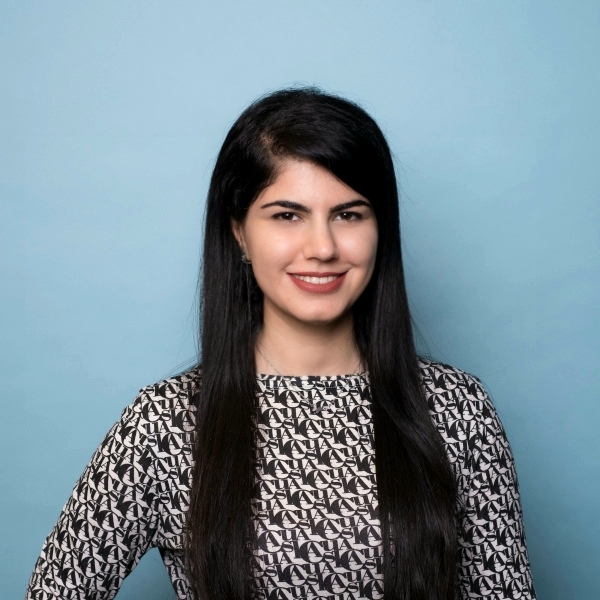

Conferences
- Monday, 24 June 2024
- Aula, TU Delft
7th Graph Signal Processing Workshop (GSP 2024)
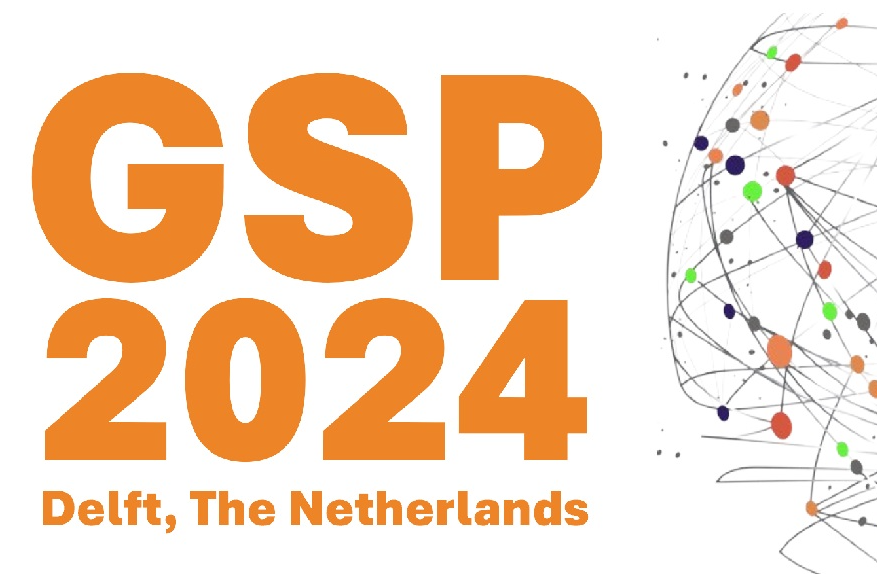
Following a series of successful workshops since 2016, we are pleased to announce that the 7th Edition of the Graph Signal Processing Workshop will be held June 24-26, 2024 in Delft, The Netherlands (campus TU Delft). The workshop will provide a warm welcome to experts and practitioners from academia and industry in the field of graph signal processing (GSP). The goal of GSP is to generalize classical signal processing and statistical learning tools to signals on graphs (functions defined on a graph).
Additional information ...

PhD Thesis Defence
- Wednesday, 10 July 2024
- 10:00-12:30
- Aula Senaatszaal
Low-temperature nanoparticles sintering technology in heterogeneous integration
Dong Hu